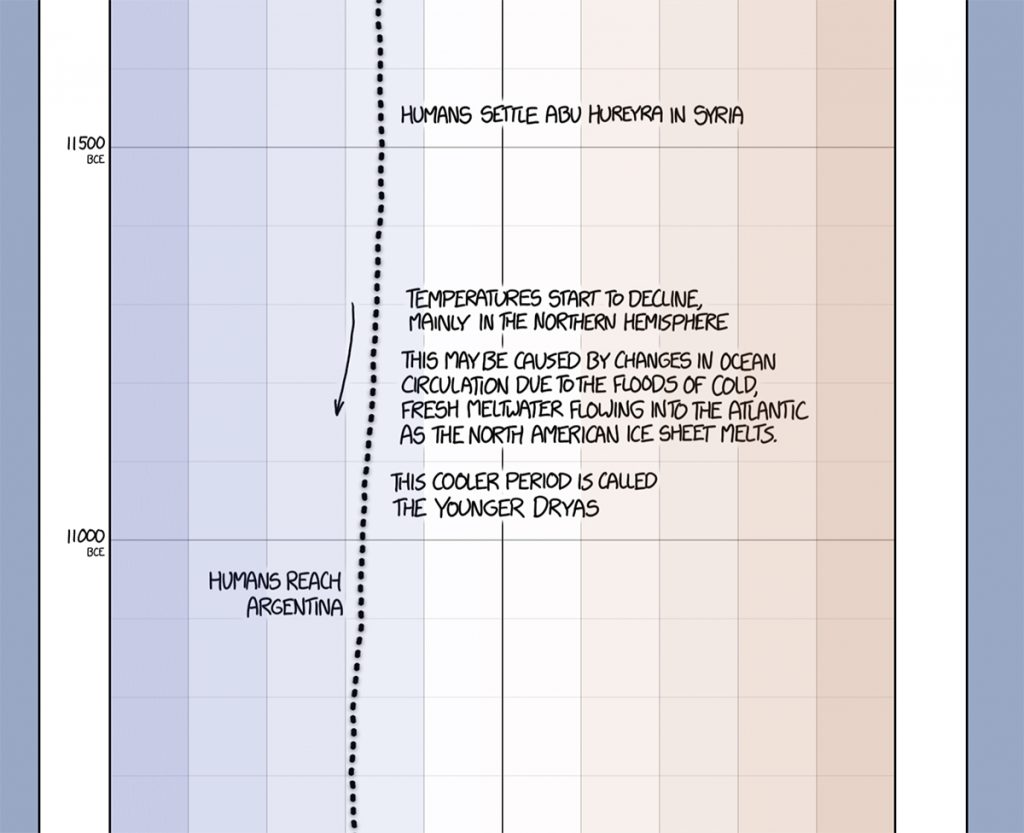
A theme park, opening soon along the gulf coast of Arkansas, promises visitors – and investors – more than just memories and a fun time with family.
Luring adventurers to the Land of All Time-themed playground, guests enjoy lily pad accommodations floating throughout the 38-square-mile park, on water and undulating, recycled “terrain.”
“It all started here – everything is from the closed loop, after all. So we just call it all natural,” said Stan Brimmingway, mastermind of the park and keeper of its honorary specimens. Modestly dressed in a smart Tyvex onesie, Stan pets a miniature bull before shepherding the creature back to its keeper. “Back when land was still bought and sold, people were fine with trading money for all of this,” he said and gestured broadly. “So we were glad to just get as much as we could – people thought they were losing land, but look at that view. The water is so much more alluring when its closer to the mountains anyway.”
And it’s unmistakable. A kind of Mediterranean vista, nestled in the Ozark foothills. Whether technology saved this landscape or invented it, it has definitely changed. “And that’s not new – and kinda the point,” Brimmingway said with a glint of enthusiasm not entirely absent of P.T. Barnum. “What is fitness after all other than the result of the effort it takes you to do normal things – otherwise it can be really hard to see this.”
Impossible, he means. Living in a moment most often means being defined by it. Unless you can imagine the Land of All Time, seeing today in context can be simply too much work. But that’s where the park comes in.
“It’s true that we brought ourselves to this place – totally our fault,” he said. “But imagine a glacier sitting on New York, or the invention of writing 3,500 years ago.” His voice trails off, galloping after his ow, quite visible sense of wonder.
“The thing about this is, it’s not only possible. It all happened. Check it out.”
